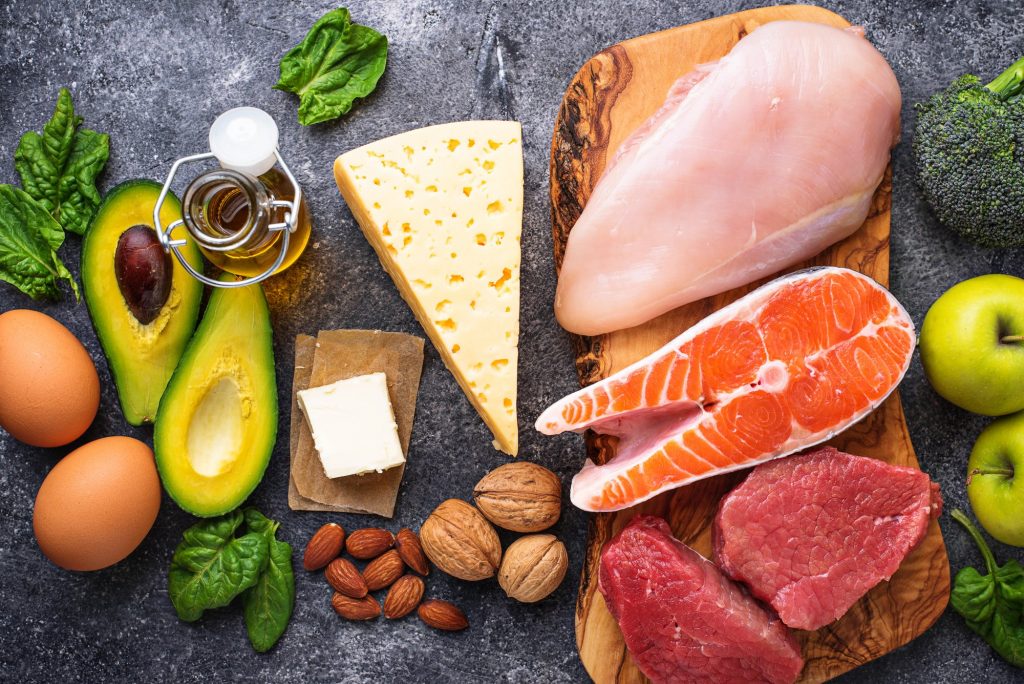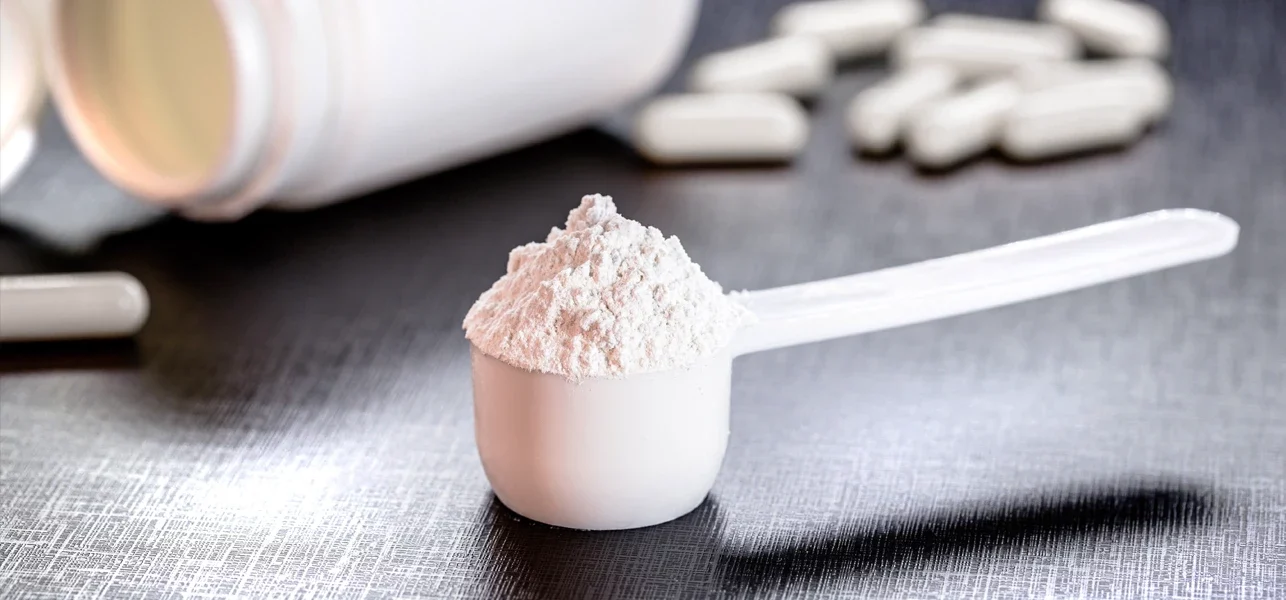Running for Weight Loss: 3 Easy to Follow Tips

Running is what our friends and family will prescribe for, quick healthy weight loss. But is it as effective as other exercises? And what should new joggers do to make sure they are maximizing running’s weight loss potential?
#1. Low Carb Diet = Good

Advertisement
Running alone will not cause significant weight loss. Only when combined with a balanced, low-carb diet will running provide noticeable weight loss benefits.
Basically, losing weight with cardio implies that you are burning more calories than you are taking in. Also, the weight you are likely trying to lose is fat. Getting the body to burn off its fat stores require you to take in fewer carbs. When you body runs out of carbs to fuel on, it will begin to burn saved fat in order to maintain activity.
No exercise is strong enough to make you healthy on its own. Running is no different, in order to lose weight you will need to adopt a new diet dominated by fruits and vegetables, lean proteins, whole grains, healthy fats, and plenty of water. That said, combining an appropriately portioned diet with a regular running routine will dramatically increase your chances of losing weight over time.
#2. Don’t Give it Your All (60% Effort)

Intensity matters when it comes to burning fat. Should you be sprinting, walking, jogging, power walking, starting then stopping? If you are running for weight loss you should focus on a steady consistent jog to a light run at about 60% of your max effort. You are trying to maintain that amount of energy/pace for as long as possible and it becomes unable to do so.
In fact, if you run too fast you might not get any results in terms of weight loss. In the scientific community, the intensity under which you burn the most fat is called Fat Max. Everybody has a different Fat Max level (which typically, can only be determined under laboratory settings by measuring the composition of the air that you breathe out during the exercise). The different air concentration ratios of oxygen and whatnot show how much fat or carbs you are using.
By studying Fat Max levels, scientists have concluded that fats are being burned in your body under very low-intensity exercises. This is definitely good news for a beginner!
#3. Caffeine (Your Secret Weapon)

Maximum Fat Oxidation (MFO) is a number of how much fat can you burn in a minute. A typical person can burn about 0.5 g/min. The Pace at which Fat Max occurs varies widely person by person. Human body typically stores around 2k Kcal of carbs, but usually has in excess of 40k Kcal stored as fats. Activating the right kind of fuel will make your run more efficient while also bringing in your waistline.
Science has proved that fat oxidation can be affected by caffeine. This is why caffeine is still listed as forbidden doping (over a certain percentage in the blood) by the Olympic committee, While caffeine isn’t allowed in the pros, it is allowed on the blacktop.
Caffeine is proven to demobilize fat stores and aid in the body’s fight for more oxygen with very few if any, negative side effects. Sip a shot of black coffee before your next run to enhance your cardio routine’s fat-burning potential. Why not give yourself a little boost?







Comments (0)